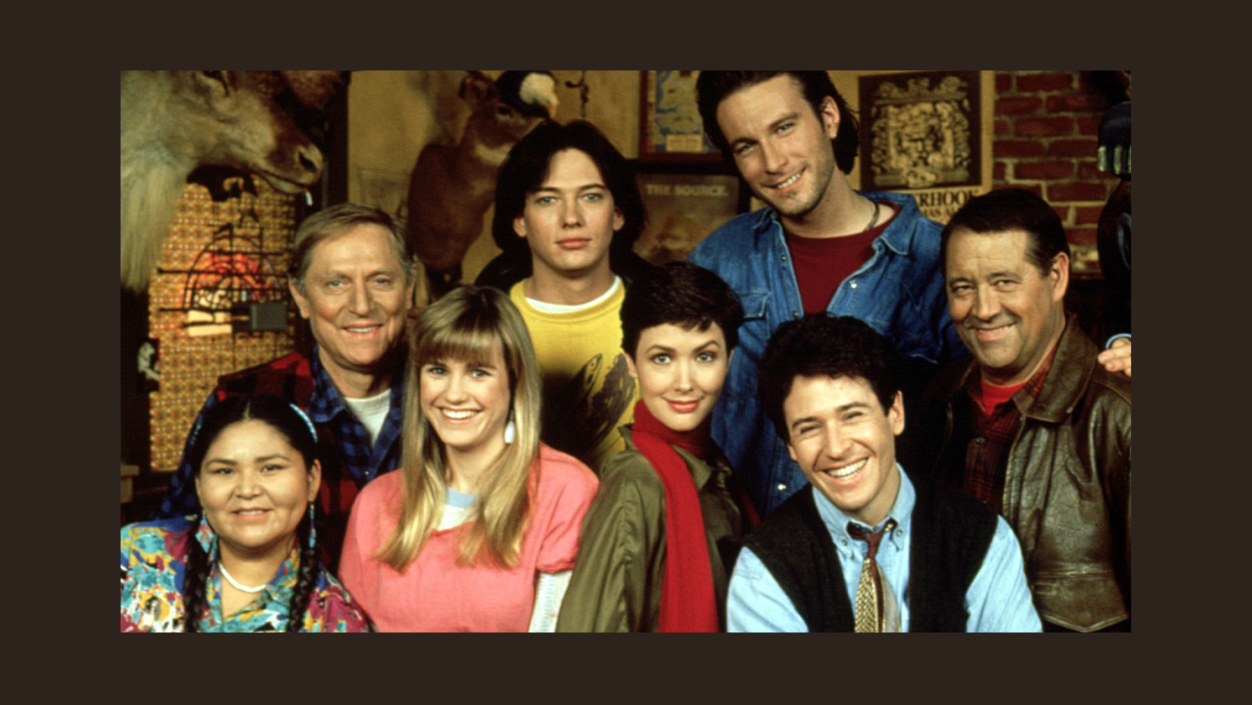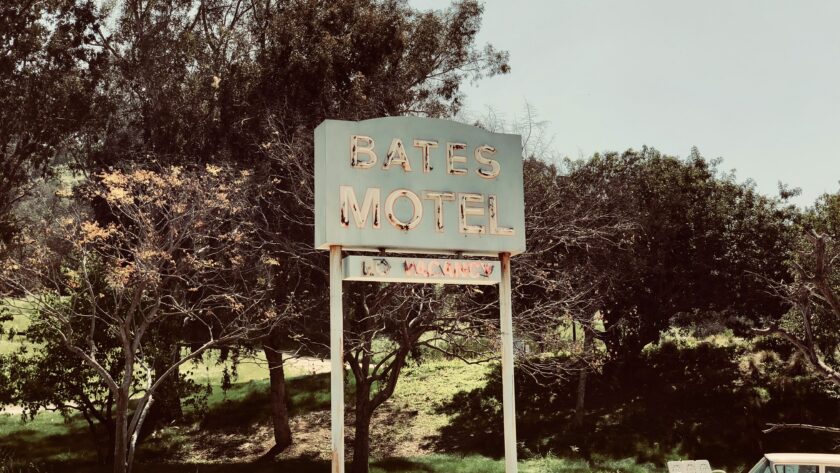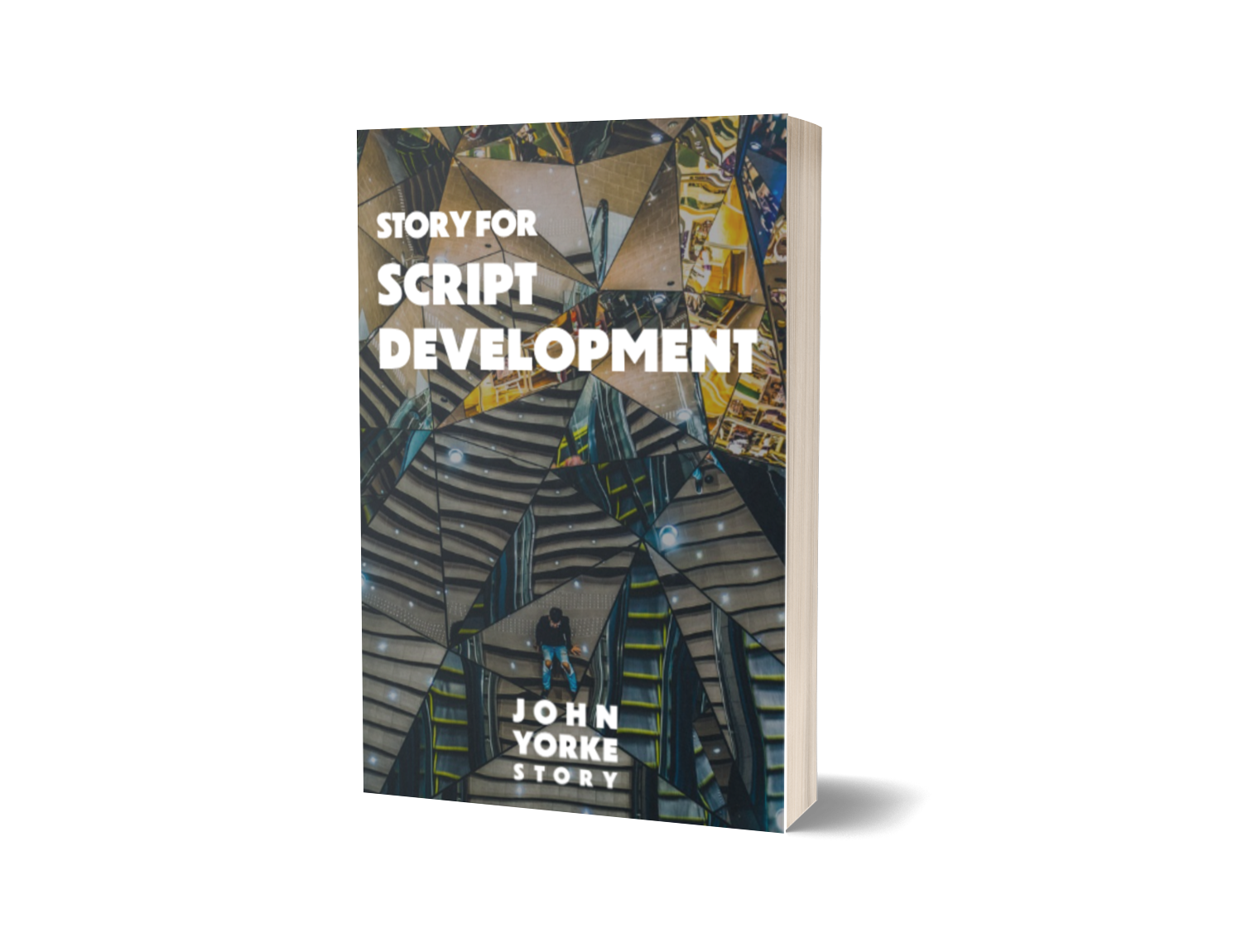During the first dozen years of my television career, before my first showrunning job, I had the good fortune to write on several outstanding series under a number of talented writer-producers; some set good examples for how to run a show, others not so much.
Looking back, I realise I learned the most from my first boss in the business and my last. And they couldn’t have been more different.
- Michael Gleason, co-creator and showrunner of Remington Steele, was an old school broadcast veteran.
- Josh Brand, co-creator and showrunner of Northern Exposure, was a “new school” broadcast innovator.
Michael began his show biz career as a stage manager in New York theater, where a young Stephen Sondheim advised him not to move to the West Coast, deeming television a lost cause. Michael ignored that advice and developed his writing chops on everything from Westerns (Rawhide, Laramie) to zany comedies (My Favorite Martian) to primetime soaps (Peyton Place) to procedurals (Cannon, McCloud). His greatest achievement was Remington Steele, the light-hearted detective series starring Pierce Brosnan and Stephanie Zimbalist, which showcased Michael’s mischievous sense of humour and love of classic movies. I joined Remington in its second season and stayed until it was cancelled (the first time; but that’s another story, one you’ll have to buy my book to finish!)
Josh held an M.A. in English literature from Columbia University and began his TV career with writing partner John Falsey as writers on The White Shadow. From there, the pair created the acclaimed hospital drama, St. Elsewhere, before coming up with Northern Exposure, the dramedy about a New York Jewish doctor exiled to rural Alaska to pay off his med school debts. I joined No Ex at episode 17 and stayed on through the finale, episode 110. Though totally conversant in film and TV, Josh was more likely to ask the writing staff to read the novels of Eudora Welty and Herman Melville rather than look at a movie.
Michael was a feisty Irish Catholic from Brooklyn with an explosive laugh who loved nothing more than batting about story ideas with the writing staff in his office as the shadows lengthened from late afternoon into evening. Many days, Michael would take the writers out for lunch to his favourite restaurant, chauffeuring us back and forth in his white Rolls Royce. Michael was fun, fiercely passionate about the work, but always with a twinkle.
Josh was an intellectual Jew from Queens with the affect of an owlish college professor—reserved, precise, remote. Though he had a wicked wit, I never heard him laugh out loud—he did chuckle audibly on many occasions, but that never became a guffaw. I never saw him drink, either, nor did I ever share a meal or even a late afternoon conversation with him. I think he drove a Ford, but I wouldn’t be surprised if it was a Volvo. Josh was all business, almost clinically so, like a stern head of school or a neurosurgeon.
In fact, it’s a medical analogy that best explains the unique attributes of both showrunners. Michael ran a teaching hospital. Josh ran a private hospital.
When you begin your career, you want to start in a teaching hospital where a wise chief resident will take you on rounds, let you treat a variety of patients, but step in before you actually kill anyone.
In a private hospital, the chief resident expects all doctors to treat patients without supervision—and without mistakes. Make a mistake, you not only lose the patient, you lose your job. Rookies need not apply.
To bring this down to the operational level, on Remington, we wrote what would be considered a conventional outline, 10 to 12 pages, concisely summarising what would become the script scene by scene. The outline not only needed Michael’s approval, but had to be vetted by the studio and network. If your first draft deviated from the outline, Michael would (sternly) want to know why. If a certain line that had come up during story discussion was missing, he’d want to know what happened to it. (Me: “It wasn’t logical; I couldn’t find a way to make it work.” Michael: “But it was funny. Make it work.” I had a lot to learn about the value of entertainment.)
On Northern Exposure, we didn’t even submit outlines to the studio or network. Josh refused—and got away with it. So, outlines were for internal purposes only. Even so, Josh didn’t want to read more than 2-3 pages, the bare bones.
During the story development process with Josh, I’d take copious notes and write long rambling outlines for myself; I’d then reduce that to what I called “the transparent outline” for Josh. When you turned in your first draft, Josh didn’t care whether you had followed the outline or not. In fact, I don’t think he referred back to the outline at all. He only cared that the script worked. I learned this early in my tenure when I was told to rewrite a script that had been written by a pair of outsiders. I worked off the outline and did my best. After I turned it in, I walked back to my office where there was a message to see Josh. When I returned to his office, he was flipping through the script, clearly not thrilled. Without looking up, he asked, “Does this get any better?” I knew he wasn’t challenging my competence (I’d already won my spurs with him as a writer); it was the story he was questioning. I shrugged. “No”, I said. He tossed the script into the trash. “Well, we’ve got to start over.” Here’s the kicker: Josh wrote the original outline.
There’s a lot more to be said about these divergent approaches, and we take a much deeper dive in my 9-week online course, Running the Show.
My point today: I was lucky. I started at one end of the spectrum with a great teacher and ended at the other with a great disciplinarian. Northern Exposure was the critical high point of my pre-showrunning career, but I would never have survived the experience if I hadn’t started with Remington Steele.
Two teachers, two schools, one long arc of learning.





